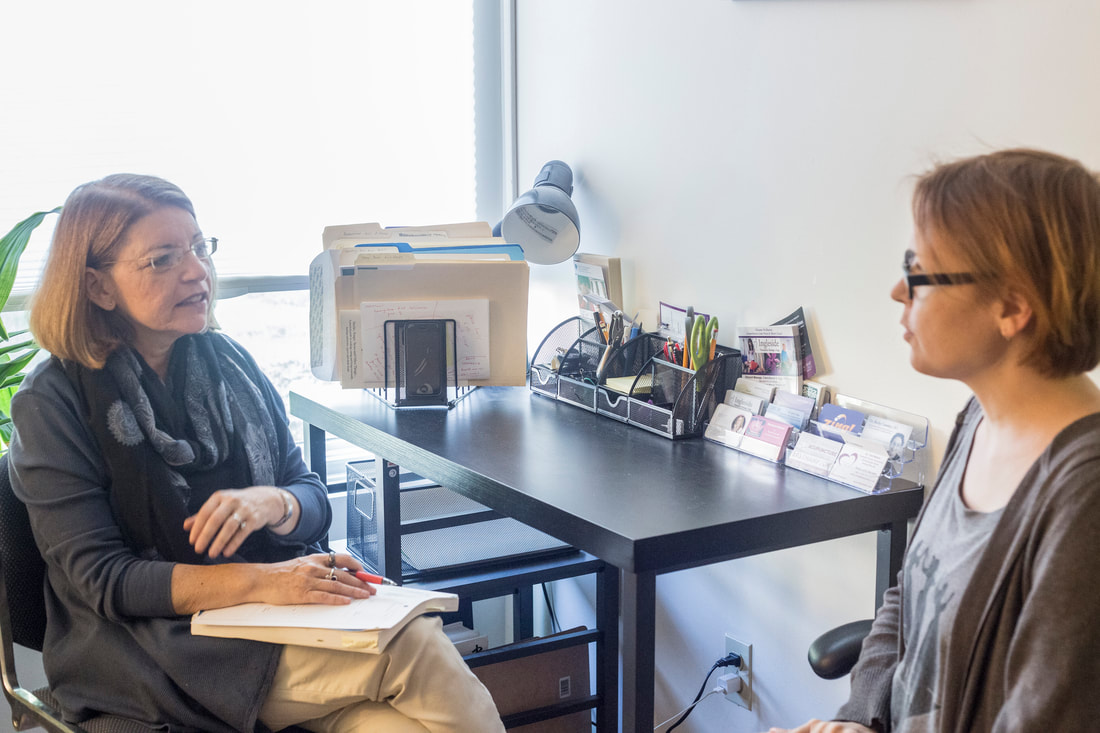|
Did you know that there is a unique style of acupuncture called Auricular Acupuncture or Ear Acupuncture? This is a style that I’m certified in. I incorporate ear points in my full body acupuncture treatments, and I also offer an Ear Acupuncture Clinic each month.
So what’s the difference between full-body and ear acupuncture? The ear is a microsystem. The entire body is represented in the ear, and ear points directly correlate to the hips, back, neck, elbow, etc... We have studies that show that ear points correlate to the spine and are effective in reducing back pain and sciatica. Ear points are also great at reducing stress. There is even an ear point named “shen men,” which translates from Chinese to “calm the spirit.” I've seen patients go into a completely relaxed state just by having this point needled. Ear points are also helpful in reducing addictions to food, alcohol, cigarettes and drugs. There is even a protocol called the National Acupuncture Detoxification Association protocol (NADA), which specifies needling several ear points as an adjunct therapy for substance abuse. Studies have been done that show that adding the NADA protocol to standard treatments improves outcomes for people struggling with substance abuse. Ear acupuncture as it’s practiced today was developed in the 1950s by a physician in France. Read my earlier blog to find out the history of ear acupuncture and how points were mapped out and tested. If you would like to try ear acupuncture, and experience it for yourself, come to my monthly clinic. Click here for all the information.
0 Comments
Leave a Reply. |
AuthorIn practice for over 20 years, Bonnie Diamond offers individualized, heart-centered care using a pain-free, Japanese style of acupuncture. Her work is influenced by her nine year struggle with and complete recovery from Chronic Fatigue Syndrome. Archives
April 2024
Categories
All
|
Serving Easthampton, northampton, Holyoke, Springfield, Chicopee, Westfield and Western Massachusetts
|
Hours are Tuesday-Thursday, 11am-7pm
|
247 Northampton Street, #27 Easthampton, MA 01027 781-718-6325 Get directions Get information on other complementary health resources recommended by Staying in Balance. Pioneer Valley Community Resources |
Copyright 2000-2022 All rights reserved.

